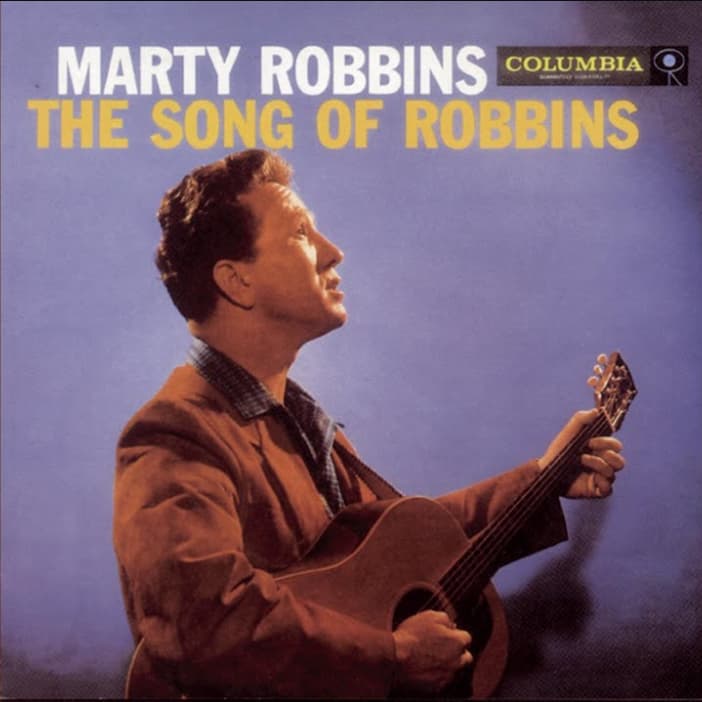
Marty Robbins’ Melancholy Ode to One-Sided Devotion
The Ache of Unrequited Love: Marty Robbins and the Timeless Echo of “You Only Want Me When You’re Lonely”
Ah, the late 1950s. A time when the airwaves were still relatively uncluttered, and a voice like Marty Robbins‘ could cut straight to the heart of the matter with a smooth, yet unmistakably country, melancholy. When we talk about the soundtrack of our past, of the dances, the long drives, and the quiet moments of introspection, songs that capture the bitter-sweet reality of human relationships always hold a special place. One such enduring track, a deep cut that resonates with an emotional truth many of us have lived, is “You Only Want Me When You’re Lonely.”
This particular gem was a part of Marty Robbins‘ 1957 collection, The Songs of Robbins. While it might not have been the headline-grabbing smash hit that some of his later singles became—it didn’t chart on the major Billboard country or pop singles lists—its significance lies in its place within a truly masterful album. The Songs of Robbins was, by all accounts, a critical success, earning high praise and a noteworthy rating from the influential country music disc jockeys polled by Billboard magazine. This wasn’t just a record; it was a statement about the versatility and depth of Robbins as an artist, showcasing a sophisticated fusion of the emerging pop sensibility with the raw, heartfelt core of honky-tonk music. “You Only Want Me When You’re Lonely” was nestled perfectly as track number 7 on this acclaimed album, an essential piece of a whole that critics celebrated for its balanced artistry.
The story behind the song isn’t one of grand, public drama, but rather the quiet, universal tragedy of a love that simply isn’t reciprocal. Marty Robbins was a brilliant storyteller, often drawing from the wellspring of common experience. This song, in particular, captures that poignant moment of recognition: the realization that you are the emotional safety net, the convenient port in a storm, but never the destination. The meaning is stark and deeply relatable: the singer is devoted to someone who only seeks comfort and companionship when all other options have failed, when their own loneliness becomes unbearable. It’s the painful recognition that their worth in the relationship is conditional, tethered to the other person’s temporary need, not genuine, constant affection.
Listen closely, and you can hear the ache in his delivery. The music is classically country—simple, evocative, and allowing the lyric to carry the emotional weight. For those of us who came of age during that era, this song is a stark reminder of the times we put our hearts on the line, perhaps knowing the risk, but hoping against hope that our constancy would eventually win out. It’s a song for the patient, the overlooked, the ones who always answer the phone late at night. The melody itself has that slow, graceful sway of a late-night waltz in a dimly lit hall, a perfect backdrop for tear-stained introspection. It’s an honest lament—not bitter, but mournful—that validates the feeling of being a second choice, a sentiment that truly never goes out of style. Its inclusion on The Songs of Robbins solidified the album’s reputation as a collection that spoke the truth about love and heartache, proving that sometimes, the most resonant songs are those that chronicle our private, unspoken sorrows. It is a timeless, reflective piece that still echoes the melancholy sweetness of a bygone era.